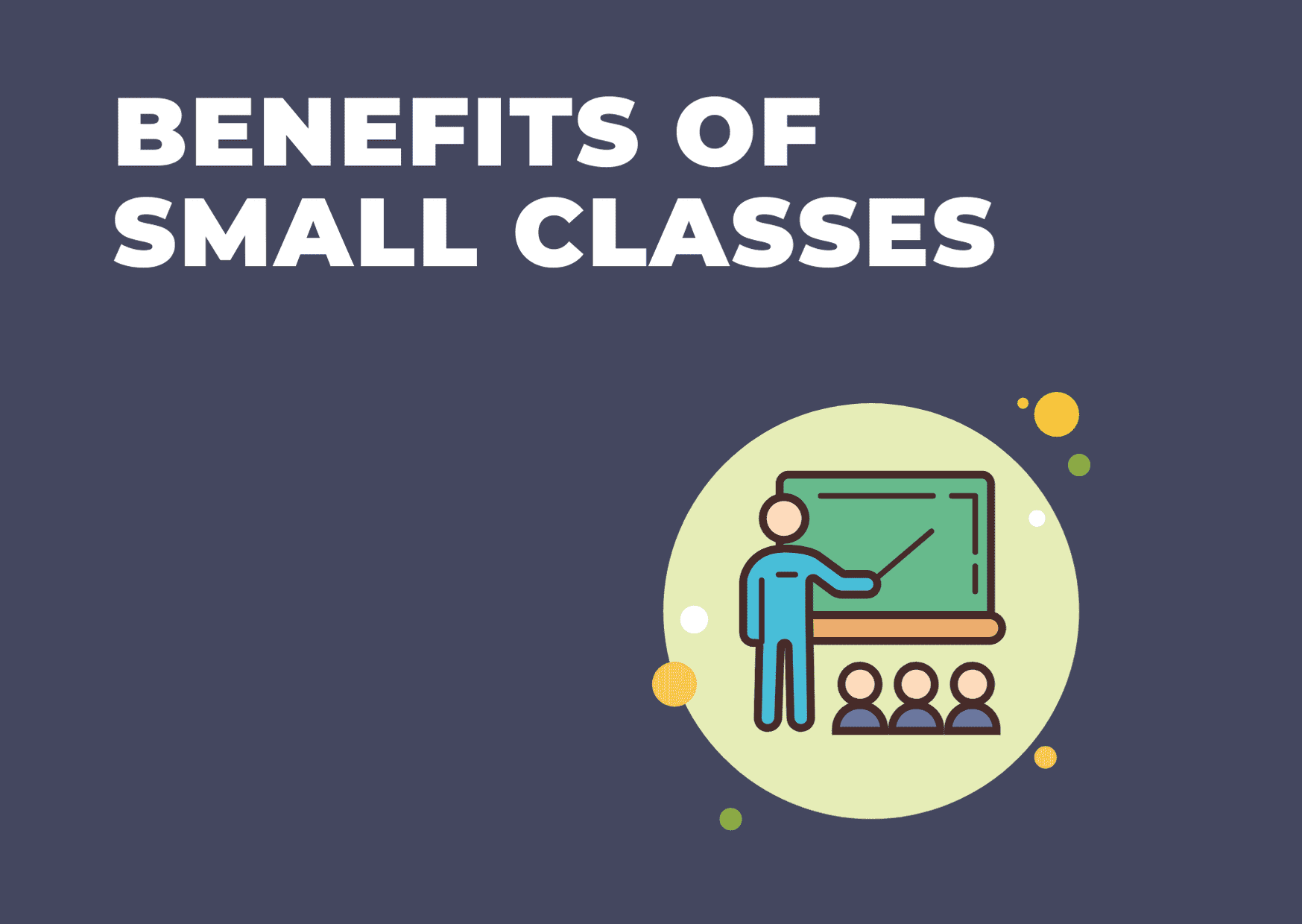We use cookies to improve your online experiences. To learn more and choose your cookies options, please refer to our cookie policy.

Before the current situation highlighted the need for smaller classes in schools, we have long advocated this approach, teaching an average of four A-Level students per class. We believe that small classes ultimately create a better learning environment, particularly for those who may not be as academically strong as their peers.
But how do they actually benefit students? We've listed a few ways in which small classes improve our students' learning experience and overall grades.
More individual attention from the teacher
It stands to reason that the fewer students a teacher has to teach, the more time they can devote to addressing individual academic needs. The teacher gets to know a student's strengths and weaknesses and, to an extent, can tailor the classes to adapt to their preferred learning style.
Quiet or unmotivated students can't hide
In larger classes, it is all too easy for a less than confident student to hide amongst the louder voices and not have to contribute in the same way. Students in a smaller class are encouraged to participate in discussions and express their views, receiving personalised feedback from the teacher and also from their peers.
Classes can progress faster
If a teacher has a better overview of the strengths and weaknesses of their class, they can address issues in a much more efficient way, thus allowing the class to move at a faster pace and progress further in the curriculum. As the teacher is able to adapt to individual learning styles, the students are able to keep up with their peers instead of falling behind.
Teachers can concentrate on teaching
A larger class is inevitably going to have more disruption, whether it is pockets of students causing various distractions or a higher level of noise as the result of more students in one room. In a smaller class, teachers can spend less time trying to retain the attention of their students and more time teaching and encouraging academic discussion. This relates closely to the next point.
Students are more engaged
When a teacher is able to foster debate and encourage participation, students are generally much more interested in the subject matter and take in a lot more information. This creates the perfect environment in which they can thrive academically and actually achieve higher grades.
Bonus... Small classes are already set up for social distancing, without compromise
Our students can rest assured that, while their safety and wellbeing is our top priority, there will be no compromise or lowering of standards in our lessons in order to adapt to the current situation. Our teachers are used to teaching small classes, having fine-tuned their methods through years of experience to ensure that all students get the most out of their lessons.
"The small class sizes
means that you make progress
really quickly and you are able to get
feedback on assignments much faster
than you would in other schools."
 By downloading our prospectus you agree to be contacted by our Admissions team, via the method indicated on the form. |